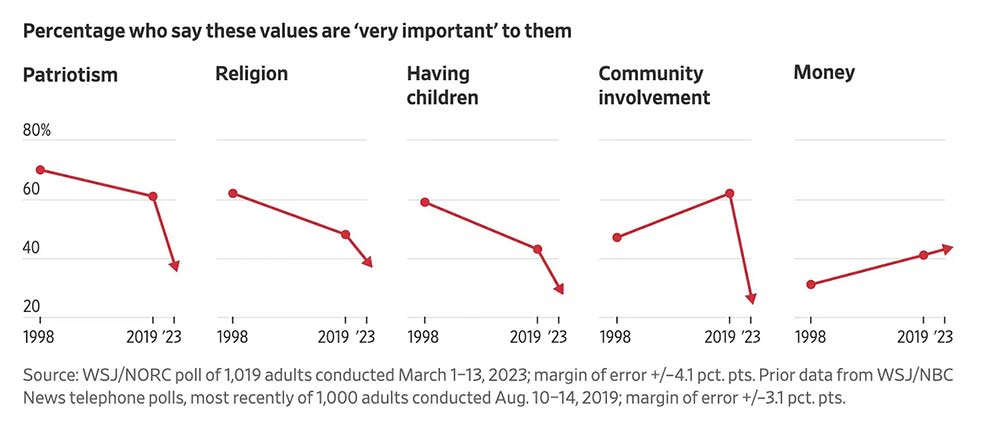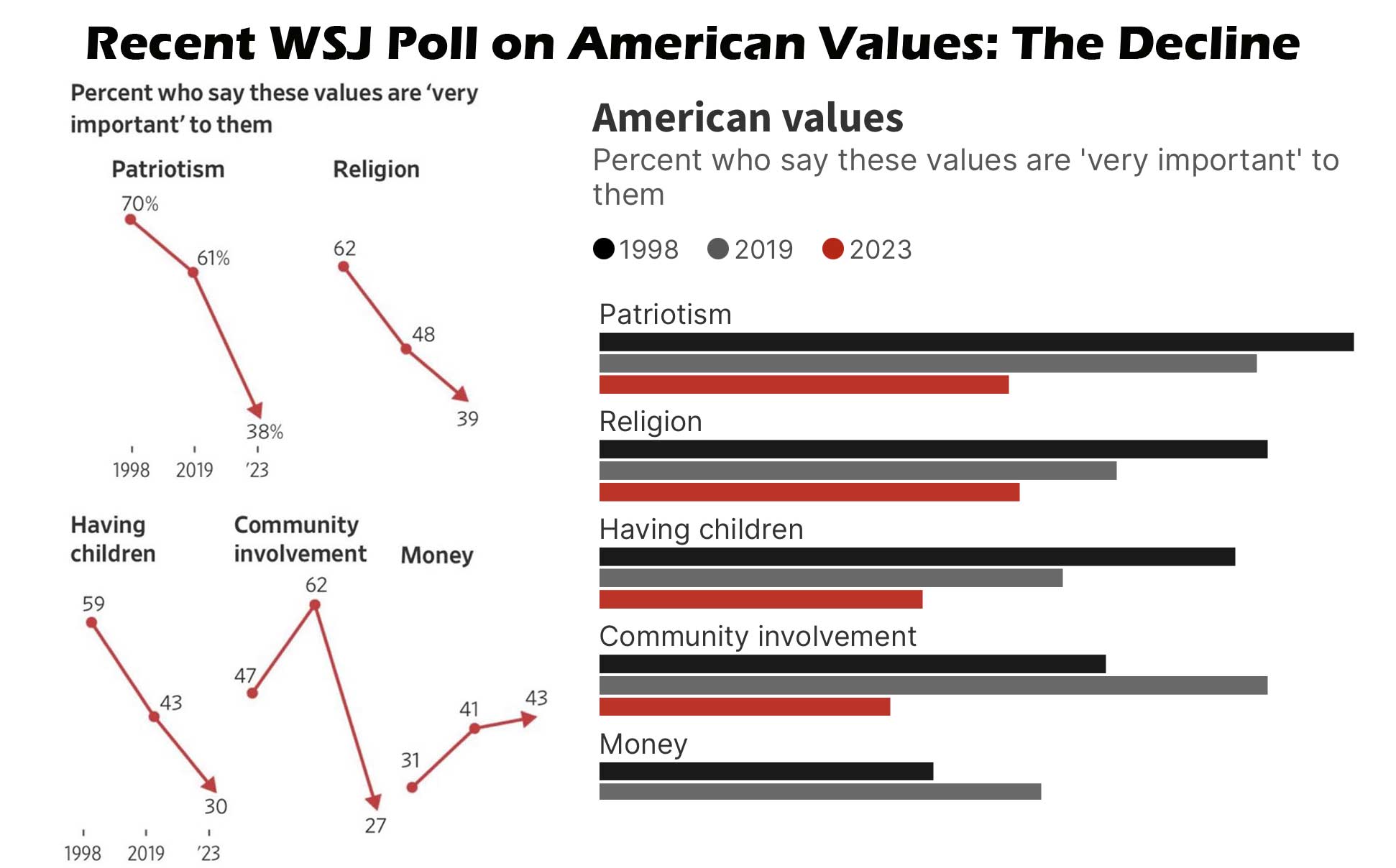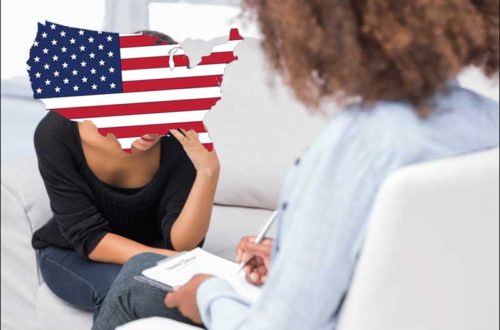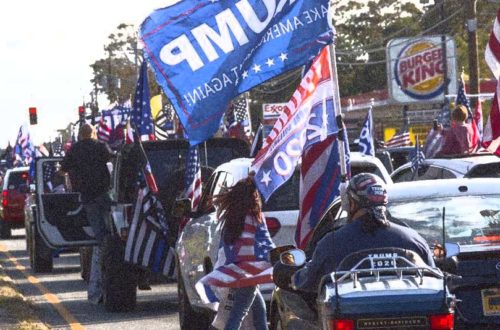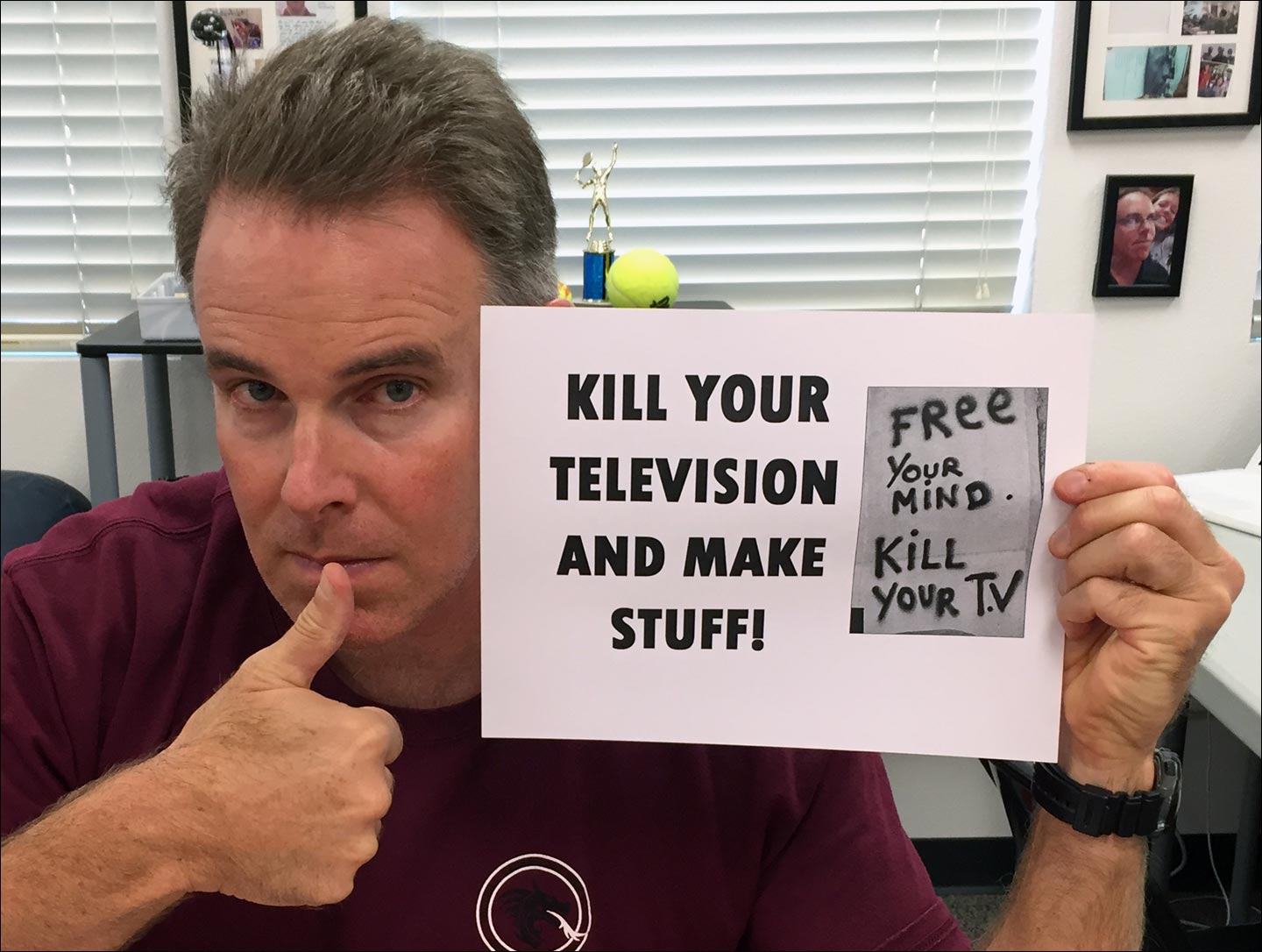Recently I was showing a video of the surprise attack on Pearl Harbor in late 1941 – with Japanese CGI dive bombers zooming down on unsuspecting American battleships, and actors recreating the panicked scene with bombs exploding around them – as my audience watched the violent action unfold.
Then I stopped the video and said the following:
“This obviously is the shocking start of WWII for an unprepared and surprised United States, and the road to victory would be long and arduous. Some commentators would later claim that these men and women who endured the Great Depression and then fought and won WWII were the ‘greatest generation’ of Americans ever.
I have a question: Do you think if something similar to Pearl Harbor happened today, your generation could rise to the challenge like they did?”
In response, almost all these kids shook their heads “no.” It shook me a little bit. They have such little confidence in themselves and their peers?
I remember reading an interview with one of these WWII veterans who was asked this “greatest generation” question, and he poo-pooed the whole thing. “My generation was confronted with a certain situation, and we did what we had to do. I don’t think there is anything necessarily special about us, and others could do the same if need be.” That was a good point.
But still I wonder.
I sometimes walk around in public and see young adults hanging out on a street corner amidst a cloud of marijuana, each one covered in visible tattoos, and I am not terribly filled with confidence. And then I read about the mental health “crisis” among the young and the massive numbers of drug overdoses. Then there are the social media call-outs, and non-binary pronouns and LGBTQIA2S+, and demands for “free” health care and a “right” to affordable housing – and it also fails to inspire confidence. The whole thing has more than a little of the smell of degeneracy and decline: the “doomerism” zeitgeist is ascendant in the young, as faith in the future diminishes. Birth rates dip to historic lows, not surprisingly.
But then I reflect that we are talking about millions and millions of people and such generalizations are odious. There are a number of young people I deal with almost daily in my life who are about as impressive and optimistic as anyone I have seen in earlier generations. They defy stereotypes.
But still.
I reading recently about how 77% of young Americans trying to enlist in the U.S. military are found ineligible to serve because they are overweight, have drug and/or alcohol abuse issues, and physical/mental health problems (source). That is an astounding figure!
It’s also not good news.
My oldest daughter (age: 15.8 years) asked me last week, “Daddy, when was America great?” I was a bit taken aback by the question. I told her that right now the United States offers a pretty “great” life with iron-clad constitutional protections for personal freedoms, with the ability to work hard and enjoy opportunity and reach for prosperity. The idea that America is not “great” right now I find arguable. Just look at how life is in so many other countries, and how so many people are so desperate to come here right now. If the United States had so little to offer, there would hardly be masses of immigrants lined up on our southern border trying to sneak in.
On the other hand.
Our public life is too often defined by conflict and confrontation. There are the Q Anon crazies and the January 6th insurrectionists – a blowhard carrying an AR-15 rifle to a protest and daring anyone to challenge him. That is one side. Then there are the angry George Floyd protests/riots and the “woke” scolds – a crybaby (crybully?) on campus calling out, “THAT’S RACIST! YOU CAN’T SAY THAT!” through outraged tears. That is the other side. The populist right and populist left are such assholes and seem to get most of the attention in American politics (even if they don’t have the numbers). Identity politics and bitter partisanship divide the nation. Too many see themselves as a victim of something; the aggrieved are quick to take offense, so the enraged seem to be everywhere. The vibe is negative: we hate those on the other sociopolitical chasm with a dark passion, more than we enjoy and celebrate those on our own team. We fan the flames of rage and resentment, or retreat to the frozen tundra of suspicion and contempt; it is not our best moment, to put it mildly. Public life sucks. President Biden just delivered his State of the Union Address, and opposition politicians rudely heckled him out loud. Unfortunate. (And, yes, the heckling, rudeness, and animosity goes both ways on the political spectrum.)
That is how I see it today in early 2023. In contrast, I think America was at its “greatest” around 1948. There was self-confidence, broad-based prosperity, and national purpose. There is less of that now.
I would like to think that better moments lie ahead for my country. But there is a weakness – even a sickness – in the people, I think. Nobody can keep a person (or nation) with the right attitude down, and nobody can help a person (or nation) with the wrong attitude. People have a million reasons why they’re not getting it done, and someone or something else is always to blame.
America is still the most powerful country in the world both in terms of raw military might and “soft” cultural power. But our relative decline is unmistakable; the malaise is bone deep, and there is this sickness in the national marrow. Other countries sense it, too, I think. I see this degeneracy and decline in the plumes of marijuana smoke surrounding a group of youth covered with tattoos – this is America today, all too often, in my experience. The country – and its people – are not well. What do I see? The anodyne of a distracted, underdeveloped young person staring into the narcotic of their cell phone screen, while feeling unwell. The numbers of drug overdoses are sky high, and little Johnny needs a therapist. A good chunk of the entire population of the United States is on psychotropic medication.
Does this inspire confidence? Our youth popular culture largely revolves around online consumerism, celebrity worship, and video games, and our everyday experience is isolation and loneliness offline (ie. “irl”) — with “historically high levels of anxiety and depression among the young.” Life is typified by pessimism and fragility, masked by bumptiousness and posturing — marijuana and tattoos.
But maybe inexperience-fed insecurity covered up by hormone-fueled bravado has always been the go-to for the young? Possibly. Maybe I am just too old to appreciate the virtues of the rising generation and too quick to find fault with the young – the older generation complaining about the younger one, time out of mind? Could be. Is this a sort of “Hey you kids, get off my lawn!” moment for me? Am I stuck in “cranky grandpa” mode?
Am I too pessimistic?
I will hope so.
But I don’t think I am.
I fear for the future.
Not so much for myself, as I am already almost 56-years old. I’ve mostly lived my life already.
But I fear for my daughters.
I am afraid for theirs’s and my country’s future.

